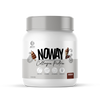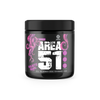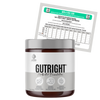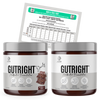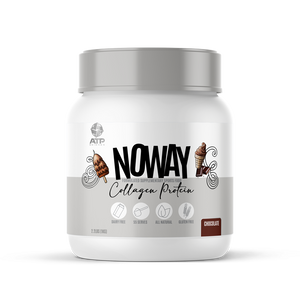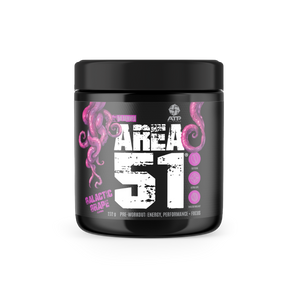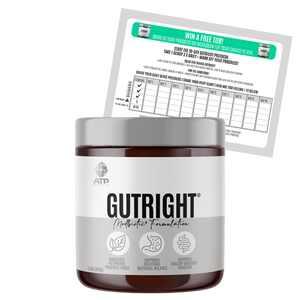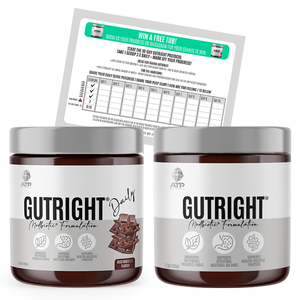Caffeinated Bathroom Habits – Role of Caffeine in the Gut

The Caffeinated Poop – we all know what that means, the smell of a fresh brew in the AM, or when it first touches your lips and then suddenly… the urge to use the bathroom becomes like an inescapable force. Why is that?
Recently we constructed two blogs linking in with this in a way and you can find them under the headers of:
- Fiber – Does it fit your macros?
- Half-life of caffeine – A Tale of Variables.
Now, these two links in because today we are going to be breaking down the Phenolic content of your coffee, and recent studies on its role with the fecal microbiota as well as a possible insight into the age-old question of “Why does coffee make me need to poop?”
Short Chain Fatty Acids – Lets Start Here
Short Chain Fatty Acids are a byproduct of fiber metabolism by the microbes in our large intestine/colon. So, aside from fiber helping to bulk out your poop and make toilet trips a little smoother, it is also broken down to essential short-chain fatty acids In the body and these are extremely important to the metabolic system as a whole in the body. These SCFA’s are:
- Acetate.
- Proprionate.
- Butyrate.
And their roles once in systemic circulation include such things as glucose and lipid metabolism[1]. The health of the epithelial cells of the small and large intestine, inflammatory responses, and immune response capacity[2].
Caffeinated Colonic Bugs
Coffee beans contain a rich amount of phenolic compounds and in particular one by the name of Chlorogenic Acid. Occurring at approximately 43-117mg/100ml[3]. This is where the debate of polyphenols' poor bioavailability capacity comes from, the bioavailability systemically in the bloodstream is poor for polyphenols absolutely… until you reach the colon, where the magic appears to happen most and especially in respect to Chlorogenic Acid. In several previous studies[4] it has been demonstrated that undigested food remnants such as that of dietary fiber and polyphenols are metabolized through a complex metabolic energy-harvesting system by the microbiota phyla Bacteriodetes and Firmicutes[5].
Chlorogenic Acid among some of the metabolites aids in improved glucose and lipid metabolism status with its presence in the body, this is done so through the large intestinal use of this polyphenol to be liberated from here systemically[6]. Interestingly with this, green coffee over other forms of roasted coffee appears to increase short-chain fatty acid production by around 20% comparatively. In other words, coffee, in moderation of course is a much-loved substance by your bugs.
Is this the origin of the 'Caffeinated Poop'?
Not quite, the polyphenol aspect is a longer aspect of your caffeinated beverage. However, the urgent need to poop comes from the release of a hormone called Cholecystokinin. This hormone, once secreted by the enteroendocrine cells in our duodenum, it stimulates the release of bile into the intestine and secretion of the enzymes required by the pancreas. Cholecystokinin is usually secreted in the presence of fat and protein and registered without the presence of caffeine around 15 mins after we eat a meal. This may also increase colonic motility similar to the same magnitude that some need to visit the bathroom shortly after a high fat/protein meal.
However, interestingly, decaf didn’t have as much effect on the urge to go showing that coffee with its normal caffeine content showed a 23% stronger effect over decaffeinated coffee [7] in the need to visit the bathroom… I love that they measured this.
Take home message?
Again, coffee – one and if not the most popular drink consumed around the globe has several beneficial effects it seems, in moderation of course! It’s interesting to see where science continues to find this constant link with polyphenols in our diet and what their roles are in the body, even in your standard cup of joe in the morning.
Plus, we have always wanted to answer the coffee and poop question lets be honest, big fans of the potty talk!
References
- Heimann, E., Nyman, M., Pålbrink, A. K., Lindkvist-Petersson, K., & Degerman, E. (2016). Branched short-chain fatty acids modulate glucose and lipid metabolism in primary adipocytes. Adipocyte, 5(4), 359–368. https://doi.org/10.1080/21623945.2016.1252011
- Chambers, E. S., Preston, T., Frost, G., & Morrison, D. J. (2018). Role of Gut Microbiota-Generated Short-Chain Fatty Acids in Metabolic and Cardiovascular Health. Current nutrition reports, 7(4), 198–206. https://doi.org/10.1007/s13668-018-0248-8
- Chapter 42 - Coffee Polyphenols and High Cardiovascular Risk Parameters. https://doi.org/10.1016/B978-0-12-409517-5.00042-5
- Parkar SG, Stevenson DE, Skinner MA. The potential influence of fruit polyphenols on colonic microflora and human gut health. Int J Food Microbiol 2008;124:295e8.
- Lee HC, Jenner AM, Low CS, Lee YK. Effect of tea phenolics and their aromatic fecal bacterial metabolites on intestinal microbiota. Res Microbiol 2006;157: 876e84
- Meng, S., Cao, J., Feng, Q., Peng, J., & Hu, Y. (2013). Roles of chlorogenic Acid on regulating glucose and lipids metabolism: a review. Evidence-based complementary and alternative medicine : eCAM, 2013, 801457. https://doi.org/10.1155/2013/801457
- Rao SS, Welcher K, Zimmerman B, Stumbo P. Is coffee a colonic stimulant?. Eur J Gastroenterol Hepatol. 1998;10(2):113-118. doi:10.1097/00042737-199802000-00003

